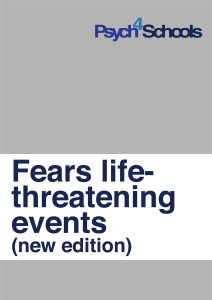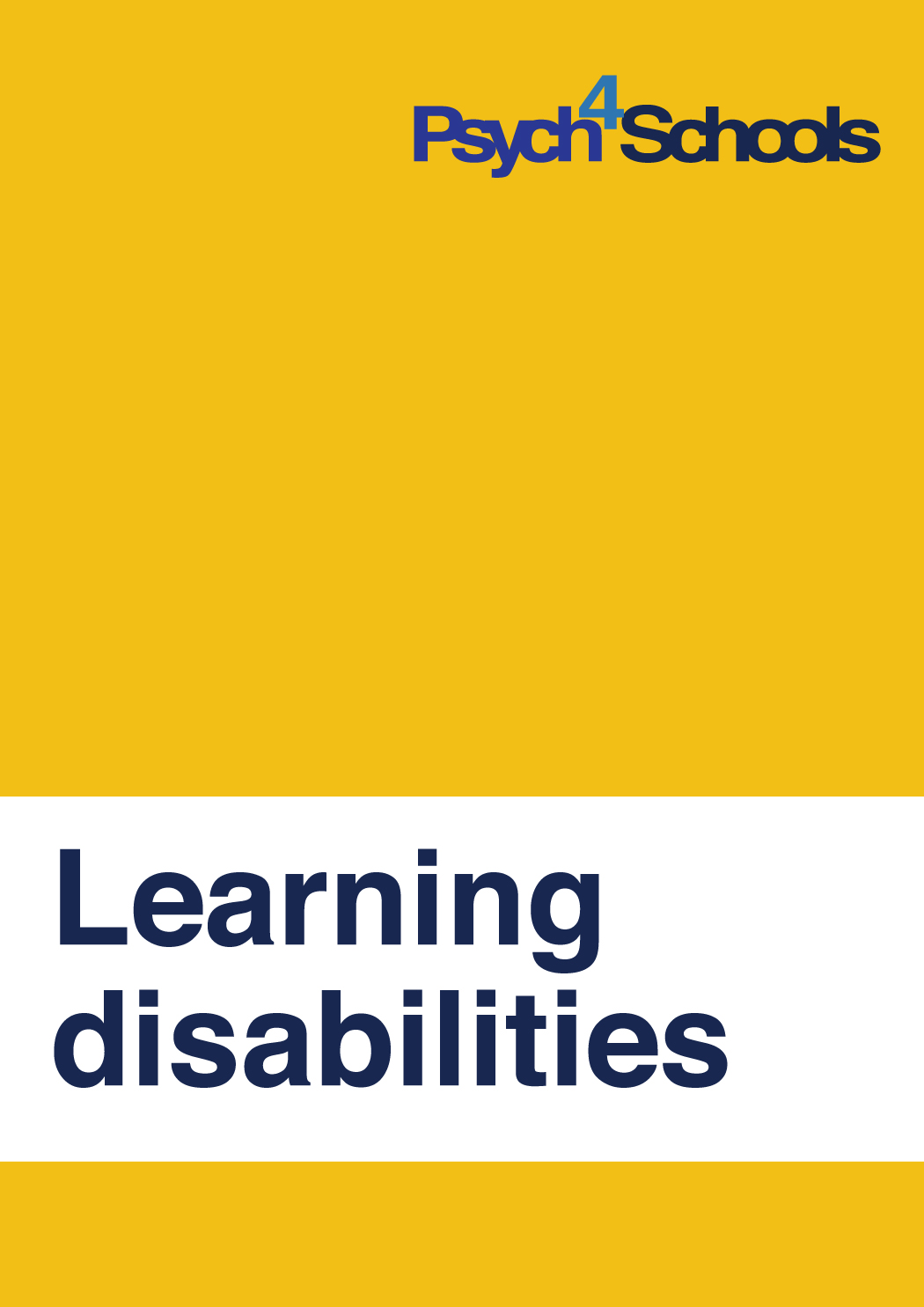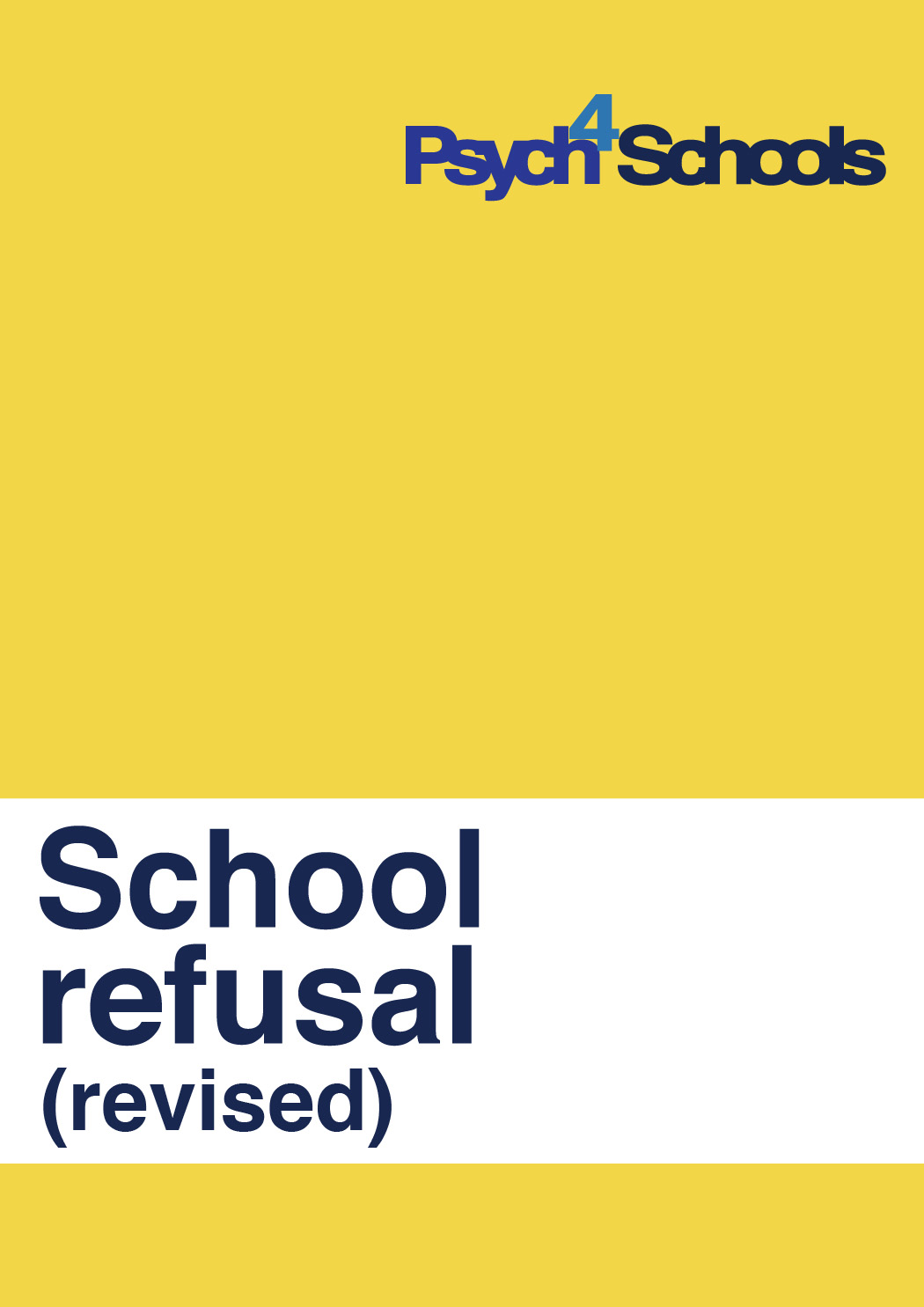Gifted and talented
The following is an excerpt from the ebooklet Working with children who are gifted and talented by Murray Evely and Zoe Ganim.
Introduction
Traditionally, children described as gifted have an intelligence quotient (IQ) in the very superior range of intelligence. This means their thinking and reasoning skills are well above their same-aged peers.
To be classified as gifted, most education departments require children to have an IQ score at or above 130 on a standardised test administered by a psychologist. However, a child can be classified as being mildly gifted with an IQ score of 115–129[1] Munro, J and McCann, M. Cater for the needs of gifted and talented learners: An educational psychology perspective. College of Educational and … Continue reading.
Children with an IQ between 120 to about 135 comprise the largest cohort of gifted children. These children are usually popular among their peers, demonstrate leadership and have a good social and emotional profile.
Children who have an IQ at or above 145 are highly gifted with advanced cognitive abilities, higher speeds in mental processing and heightened sensitivities and awareness of issues. This may put them more ‘at risk’ socially and emotionally than their same-aged peers. These very bright children may require more thoughtful parenting and teaching and additional psychological intervention to help ensure their optimal development and emotional wellbeing throughout their schooling.
Gifted children have potential that is well above average in any or all of the following areas: intellectual, creative, social and physical. Talented children have skills that are well above average in one or more areas. Gifted children must be given the opportunity to realise their potential to acquire talents and skills through learning and practice.
Gifted children have special needs and early identification is important in the provision of appropriate learning experiences. Early predicators of a high IQ can include earlier achievement of developmental milestones especially in speech and language, learning to read before beginning pre-school or school and parents reporting fatigue from the constant curiosity, enquiring into and questioning of these children about their environment.
Characteristics of gifted children
The list below shows some of the characteristics gifted children typically display.
Cognitive |
Social – emotional |
|
|
Gifted children are usually highly aware that they have academic and emotional differences from their peers. These differences can make it difficult for them to ‘fit in’, and can lead to jealousy and resentment from their peers. Some gifted children can be prone to inner turmoil and anxiety as they are very tuned in to social justice issues (including fairness in the classroom); and they may worry about current global issues. They may also be driven by perfectionism.
If gifted children are not challenged and engaged academically, they may find schoolwork too easy and become bored. While repetition of learning can suit many children, gifted and talented children generally require a concept to be explained only once. If they are not challenged intellectually and academically, these children may disengage; develop poor work habits and challenging behaviours, which can militate against them reaching their true potential. Some children who are gifted may school refuse as they find the repetitious learning in the classroom slow and tedious.
Behavioural issues
Gifted children may present with issues such as:
- boredom
- high levels of anxiety
- problems with peers, team work and social relationships
- depression and underachievement
- refusal to complete work that is repetitive or not challenging
- not completing tasks
- nonconformity to rules or norms
- becoming easily frustrated
- being bossy or domineering
- hiding their talents to fit in with peers
- disengagement from school
- acting out, which may include aggression and rule-breaking behaviours
- over-confidence
- poor test results
- disorganisation
- poor handwriting.
Gifted children with learning difficulties or disorders
Gifted children can have learning difficulties or disorders. This can lead to their giftedness being overlooked as the child’s true abilities are masked by the learning disorder and they present with average abilities. If gifted children with learning difficulties or disorders are left undiagnosed or not given appropriate modifications to class work in relation to both the learning difficulty and to the giftedness, then the child will likely exhibit higher levels of frustration and problematic behaviours.
Caution
Teachers should watch for the social and emotional vulnerabilities that may be associated with giftedness. As gifted children often experience high levels of emotional intensity and self-awareness, it is important to monitor them for signs of anxiety or depression. Teachers, parents and other professionals may find it difficult to detect symptoms of sadness, depression or anxiety, as these children tend to cover up their symptoms by acting ‘normal’ to fit in.
Strategies to support the child who is gifted and talented
- Do not call the child ‘gifted’. Labelling the child places excessive expectations and unnecessary pressure on the child and may cause him or her to become isolated from their peers. Programs for these children could be named ‘extended learning’ or ‘enrichment program’ rather than ‘gifted program’.
- Extended learning programs need to be included and accepted as part of the usual school curriculum.
- Promote a love of learning. A gifted and talented child may feel quite different from peers and therefore mask their abilities to conform and gain peer acceptance. Classroom values such as a love of learning along with respect, harmony, honesty and responsibility help instill in children a clear set of guiding principles. It can be helpful to explicitly incorporate classroom activities around these values to embed the meaning of these concepts. For Australian schools, values based curriculum ideas, lesson plans, and interactive web-based programs can be accessed at http://www.curriculum.edu.au/values
- Be careful not to assume that a child is equally gifted in all areas and inadvertently put pressure on them to excel across the board. The child may demonstrate extraordinary splinter skills in one area and more average skills in another area. Anticipate that ‘giftedness’ creates asynchronous development and uneven development can lead to vulnerabilities such as perfectionism, and heightened sensitivity.
- Implement a differentiated curriculum with enrichment and extension programs designed to meet the child’s needs. School curriculum and planning should continue to be adjusted to cater for the child’s higher ability. Some possible teaching strategies to support the child’s strong academic potential include:
- opportunity to work alone independently
- time to work with likeminded, bright or older peers
- less time on repetition and generally less time on revision
- increased provision for deeper exploration of ‘big picture’ concepts and application to real life issues
- regular challenge through rich tasks
- units of work and structured lessons offering opportunities for in-depth information gathering
- activities or tasks that require higher order thinking skills
- real-life audiences that require polished presentation of findings or new understandings
- some accelerated instruction
- opportunity to proceed according to strengths and special interests
- opportunity to work through basic skills and appropriate aspects of the curriculum at a faster pace
- varied entry points in the introduction of new topics and for new conceptual understandings and varied exit points as well.
ISBN 978-1-921908-20-0
Copyright © Murray Evely and Zoe Ganim 2011
No part of this excerpt may be reproduced or reprinted without permission in writing from the publisher.
Click here to read copyright details, summary of the licence and terms and conditions to use and reproduce our digital materials granted to authorised users.
References
This article is an excerpt from the ebooklet Gifted and talented.
Download the complete ebooklet for full access to strategies and resources, including:
- General strategies
- For the gifted child with learning difficulties
- Further advice





